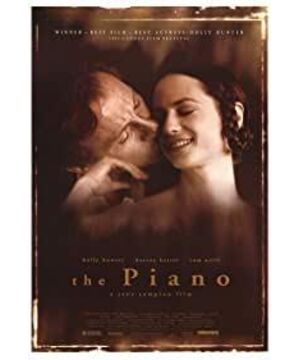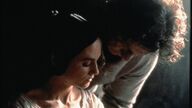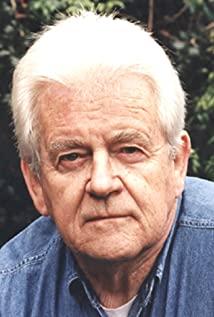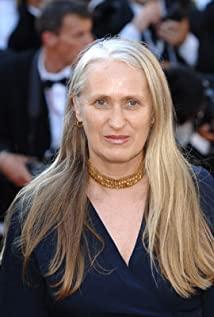In mainstream narrative films, female desire is often repressed and obscured. In the case of female directors, the opposite is the focus of what they want to show. Female directors believe that women's desires should not be written and limited by men, but should be handed over to women themselves. In a traditional patriarchal society, women are usually the chosen party; in 'The Piano', it is not difficult to see that Ada has gradually turned from being "passive" at the beginning to being active in love. And the first "passive" is also her willingness, because since then, she has developed a good impression on Bein, and the physical relationship between them can be said to be completely mutual. Even more than to anger her husband in order to express her feelings to Bein, and was cut off a finger alive. You must know that for Ada, fingers are her most precious - the way and bridge for her to connect with the piano, to tell and express her heart. At this time, when we think that Ada will surrender and live in the shadow of her husband out of fear, she is on the contrary, still relentlessly, and she reveals to her husband her love for Bein. At this time, Ada's female desires have reached their limit. In the end, she succeeded in becoming the master of her own desires, escaping the darkness. Although he also sank to the bottom of the sea, he still chooses to live and choose to be reborn. The moment Ada surfaced was more of a symbolic one: the rise and rebirth of a female force. It's one of the most vibrant and one of my favorite shots in the whole film.
View more about The Piano reviews










